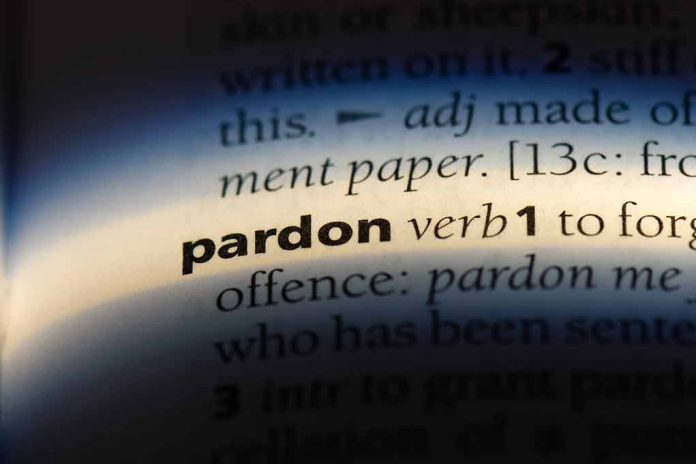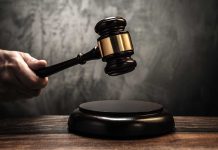
As speculation intensifies over potential pardons for President Joe Biden’s family and allies, legal experts and the public grapple with the implications on the justice system and presidential powers.
At a Glance
- Biden’s pardon of Hunter Biden raises concerns over political impartiality.
- Speculation mounts on further pardons to allies and family as Biden’s term ends.
- Public discourse questions the ethics and legality of presidential self-pardons.
- Mixed reactions emerge across the political spectrum on the power of presidential pardons.
Hunter Biden’s Pardon: A Controversy
The decision by President Joe Biden to pardon his son, Hunter Biden, despite prior promises otherwise, has ignited a firestorm of criticism. This sweeping pardon shields Hunter from federal charges for crimes over the past decade, drawing historical parallels to President Gerald Ford’s pardon of Richard Nixon. Concerns have surfaced about political motivations, further polarizing public opinion on the justice system’s integrity.
Hunter Biden faced convictions for federal gun charges and significant tax deficiencies, totaling over a million dollars in unpaid federal taxes. The breadth of this pardon has sparked bipartisan criticism, challenging the perceived impartiality of the justice system. Biden justifies the pardon as a response to what he describes as politically motivated persecutions, a claim that echoes critiques previously directed at former President Trump.
I’ve listened and thought a lot about the Hunter Biden pardon. It was the wrong thing to do.
I sympathize with a father who rightly believes his son has been targeted by a politically motivated prosecution. And many prosecutors – most are elected – have political motives. But…
— Rep. Scott Peters (@RepScottPeters) December 3, 2024
Speculation on Further Pardons
As Biden’s term approaches its conclusion, the White House hints at additional pardons. Potential preemptive pardons for political figures such as Liz Cheney, Adam Schiff, and Anthony Fauci are under consideration, alongside possible pardons for Biden’s family members with business interests potentially facing legal scrutiny. These developments raise constitutional queries, including the unprecedented notion of a president pardoning themselves.
“Expect” President Joe Biden to issue more pardons “at the end of this term,” said White House Press Secretary Karine Jean-Pierre.
Jill Wine-Banks, a former Watergate prosecutor, expressed relief over Hunter Biden’s pardon, advocating for preemptive pardons to protect others from potential future injustices. She warned that Biden could even require a pardon himself. The line between protective and excessive use of pardon power blurs, showing the complicated balance in maintaining justice system independence.
The Ethics of Presidential Pardons: Analyzing Potential Implications of Joe Biden’s Pardon for Hunter Biden The phrase, “Someone who betrays you once will betray you a thousand times. There is no need to drink the whole sea to realize that it’s salty,” offers a potent lens…
— JOHN GAVIN (@JGAFXDEPUTYDOG) December 3, 2024
Constitutional Debate over Presidential Pardons
The complex issue of a president pardoning themselves has drawn attention to legal and ethical debates within the judicial and legislative frameworks. Breitbart News’s senior legal contributor Ken Klukowski discusses this unprecedented situation, which could set a controversial precedent. The breadth and recipients of Biden’s potential pardon list have sparked a public debate about the boundaries and influence of presidential powers.
“Both sides are using the justice system to justify political actions, and that is worrying about our time” – Jeffrey Cohen.
President Biden’s actions have reignited discussions about political influence in legal proceedings, testing public confidence in justice administration. The importance of maintaining the distinction between executive actions and judicial independence remains at the forefront of this national conversation.






















